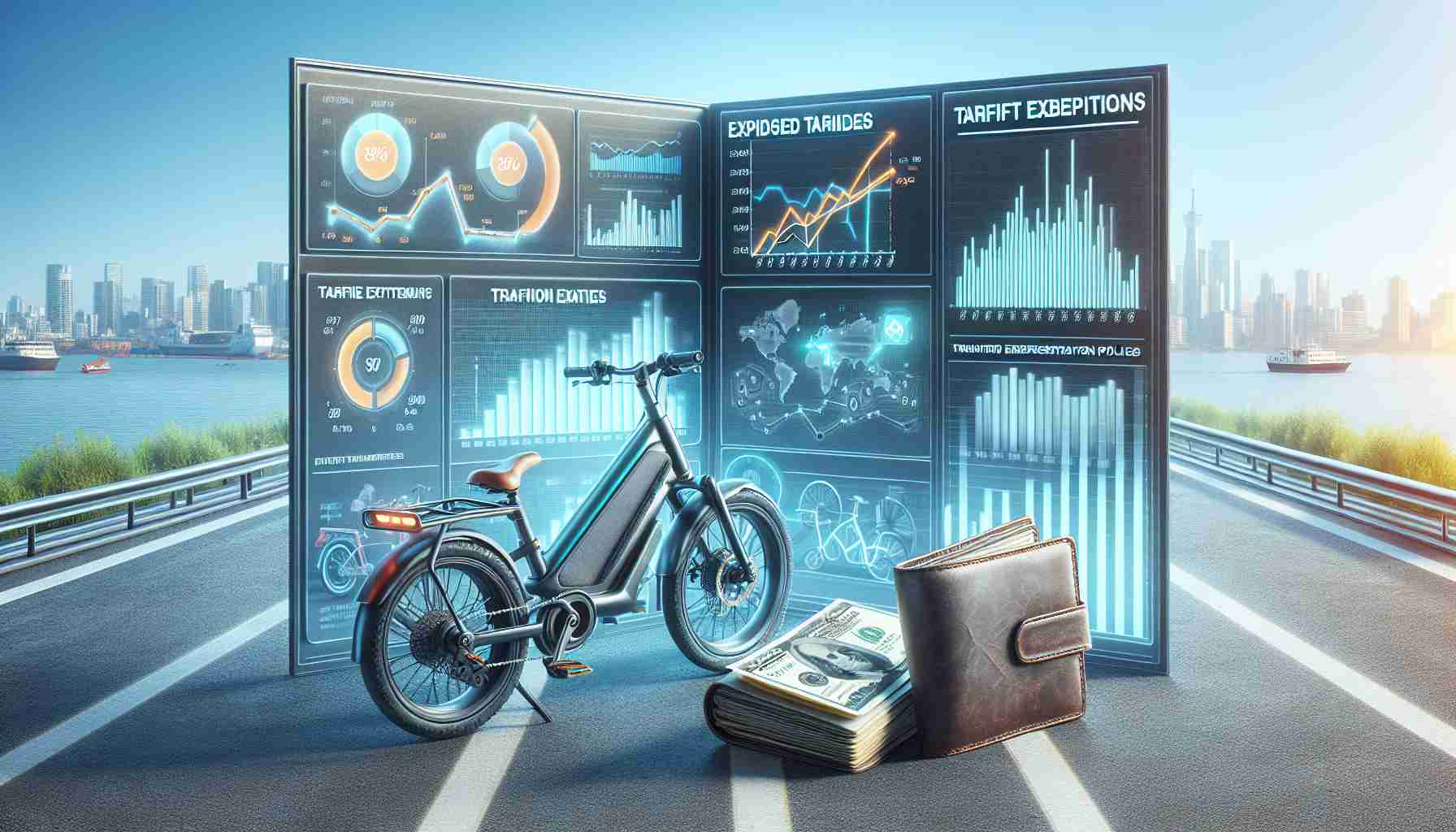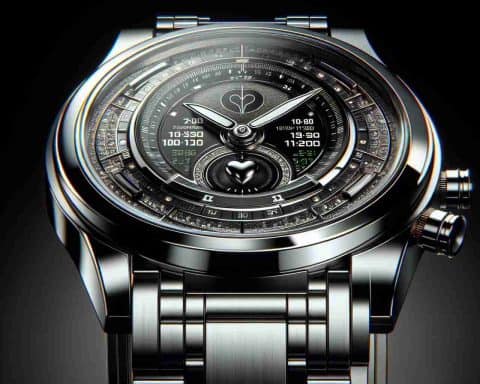The cost of e-bikes in the United States is set to rise significantly as importers of Chinese-produced parts face higher expenses due to the expiration of an exclusion from tariffs. Starting from June 14, importers will be required to pay an additional 25% duty on top of any existing tariffs, affecting e-bikes, carbon fiber frames, and children’s bikes.
This change will have a significant impact on the e-bike market, considering that the majority of e-bikes are manufactured in China. As a result, consumers can expect higher prices on e-bikes from various brands. The Biden administration’s recent announcement regarding increased tariffs on imports from China initially left the e-bike market in uncertainty, but the latest update sheds light on the potential consequences.
Before June 14, these specific products were exempted from the Section 301 tariff, which aimed to level the playing field between US and Chinese producers. However, the exemption has not been extended further this time, meaning domestic e-bike manufacturers will have an edge over foreign imports. Although there are few domestic e-bike producers, they will now face less competition from their Chinese counterparts.
While this change is advantageous for domestic producers, retailers and brands that rely on Chinese-imported goods will face challenges. The increased expenses will strain profit margins and ultimately result in higher prices for consumers. Furthermore, this shift could impact the online market for Chinese frames and bikes. Cyclists who previously purchased carbon frames or e-bikes directly from Chinese sellers, often opting for lesser-known brands, may now encounter unexpected import costs upon arrival in the country.
Cycling advocacy group PeopleForBikes has actively advocated for the renewal of tariff exemptions, emphasizing the negative economic impact of sudden tariff increases in the bike industry. They estimate that these exemptions have saved the cycling industry over $130 million since 2018 and are pushing for more policies that promote a supportive and predictable trade policy environment in Washington, D.C.
In conclusion, the expiration of tariff exemptions for e-bikes and related products imported from China will have significant implications for the industry in the United States. Consumers can expect higher prices, while domestic producers may benefit from reduced competition. The impact on the online market and the overall trade policy environment remains to be seen as the bike industry navigates these changes.
The e-bike industry in the United States is set to face significant changes and challenges due to the expiration of tariff exemptions on Chinese-imported parts. As of June 14, importers of e-bikes, carbon fiber frames, and children’s bikes will be required to pay an additional 25% duty on top of existing tariffs. Since the majority of e-bikes are manufactured in China, this change will result in higher prices for consumers.
The Biden administration’s announcement regarding increased tariffs on Chinese imports initially left the e-bike market uncertain. However, the latest update clarifies the potential consequences of these tariffs. The exclusion from the Section 301 tariff, which aimed to create fair competition between US and Chinese producers, has not been extended further this time. This means that domestic e-bike manufacturers will have an advantage over their Chinese counterparts, as they will face less competition.
While domestic producers may benefit from reduced competition, retailers and brands that rely on Chinese-imported goods will face challenges. The increase in expenses due to higher tariffs will strain their profit margins, leading to higher prices for consumers. Additionally, the online market for Chinese frames and bikes may be impacted. Cyclists who previously purchased carbon frames or e-bikes directly from Chinese sellers, particularly lesser-known brands, may now encounter unexpected import costs upon arrival in the country.
The cycling advocacy group PeopleForBikes has actively advocated for the renewal of tariff exemptions, highlighting the negative economic impact of sudden tariff increases in the bike industry. They estimate that these exemptions have saved the industry over $130 million since 2018. PeopleForBikes is pushing for policies that promote a supportive and predictable trade policy environment in Washington, D.C.
In conclusion, the expiration of tariff exemptions for e-bikes and related products imported from China will have significant implications for the industry in the United States. Consumers can expect higher prices, while domestic producers may benefit from reduced competition. The impact on the online market and the overall trade policy environment remains to be seen as the industry navigates these changes.
For more information about the e-bike industry and related topics, you can visit NPD Group, a market research company that provides insights on the consumer market. They offer reports and analysis on various industries, including the cycling industry.
You can also visit the official website of the PeopleForBikes organization to learn more about their advocacy work and the latest news and updates related to the cycling industry.
Additionally, for detailed market forecasts and industry analysis, you can explore market research reports from reputable firms such as Grand View Research and MarketsandMarkets. These sources offer valuable insights into market trends, growth prospects, and challenges faced by the e-bike industry.
















